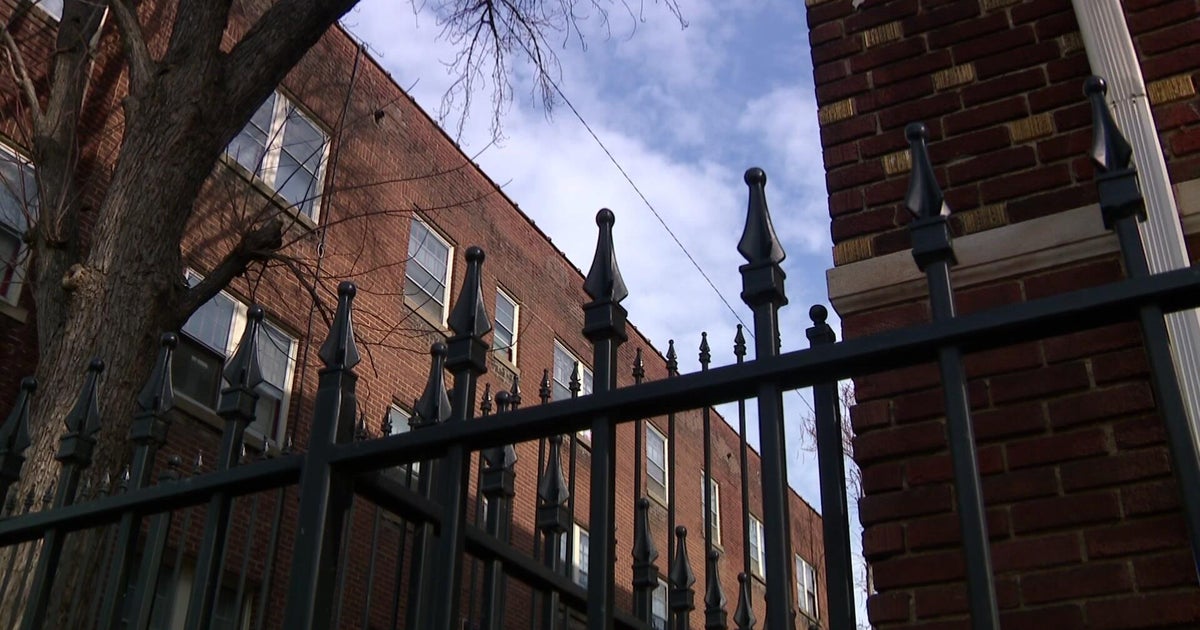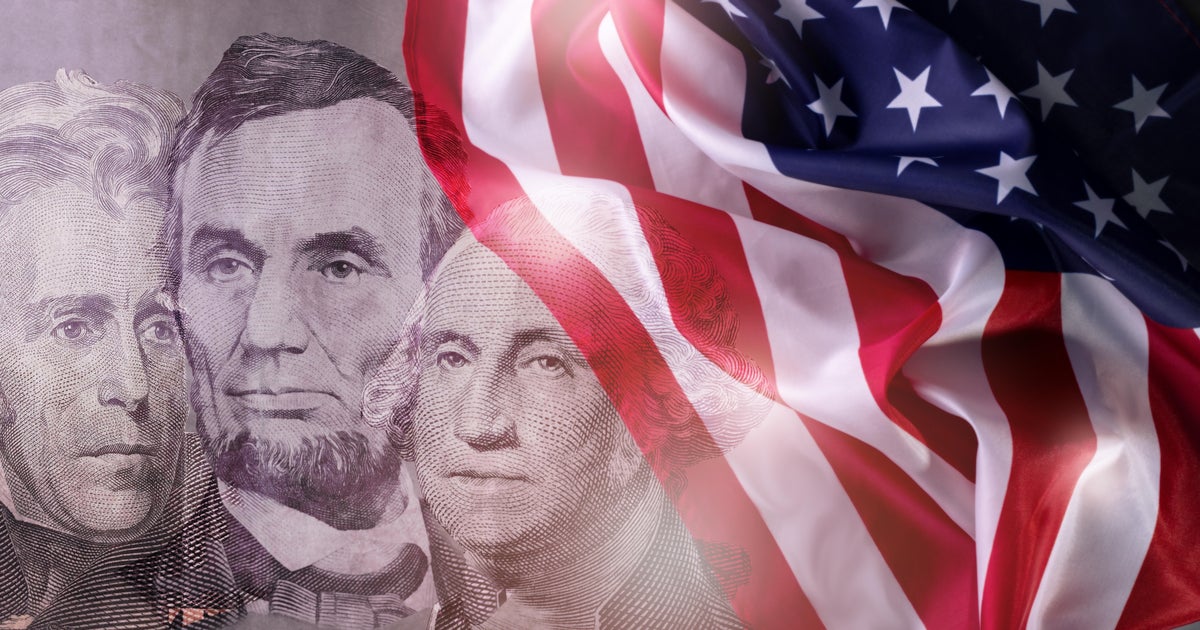Large rail union rejects deal, renewing strike possibility
BALTIMORE (CBS/AP) -- The threat of a crippling railroad strike is back after one of the nation's largest railroad unions rejected its tentative deal with its employers Monday. Both sides will return to the bargaining table before that happens.
The strike was averted last month when a contract was reached after direct intervention by President Joe Biden. All 12 unions, representing 115,000 workers, needed to agree to those terms.
Over half of track maintenance workers represented by the Brotherhood of Maintenance of Way Employes Division who voted opposed the five-year contract despite 24% raises and $5,000 in bonuses. Union President Tony Cardwell said the railroads didn't do enough to address the lack of paid time off — particularly sick time — and working conditions after the major railroads eliminated nearly one-third of their jobs over the past six years.
"Railroaders are discouraged and upset with working conditions and compensation and hold their employer in low regard. Railroaders do not feel valued," Cardwell said in a statement. "They resent the fact that management holds no regard for their quality of life, illustrated by their stubborn reluctance to provide a higher quantity of paid time off, especially for sickness."
The union has agreed to keep working for now, but if there's no deal by November 19, the workers could go on strike. The impact could be crippling, as 40% of goods rely on the nation's rail system.
When there was a threat of a strike last month, transportation officials and commuters were bracing for the potential impacts across the Baltimore metro area. It's unclear if and what the local impact would be at this time.
Rutgers University professor Todd Vachon, who teaches labor relations classes, said he's not entirely surprised the contract was rejected given how emboldened union members feel to fight for better working conditions amidst the current worker shortage.
"The biggest sticking issue is quality of life — especially access to paid time off and paid sick time. If the railroads can make some movement in that area, it will likely go a long way with rail workers who currently feel they are not being respected by their employers," Vachon said. "Wages and resource allocation are one important part of contract negotiations, but feeling respected by one's employer remains one of the top reasons that workers form and join unions."
Although a strike is now possible, Vachon said he's not too worried yet because both sides have more than a month to reach a new agreement.
WJZ reporter Amy Kawata contributed to this story.







